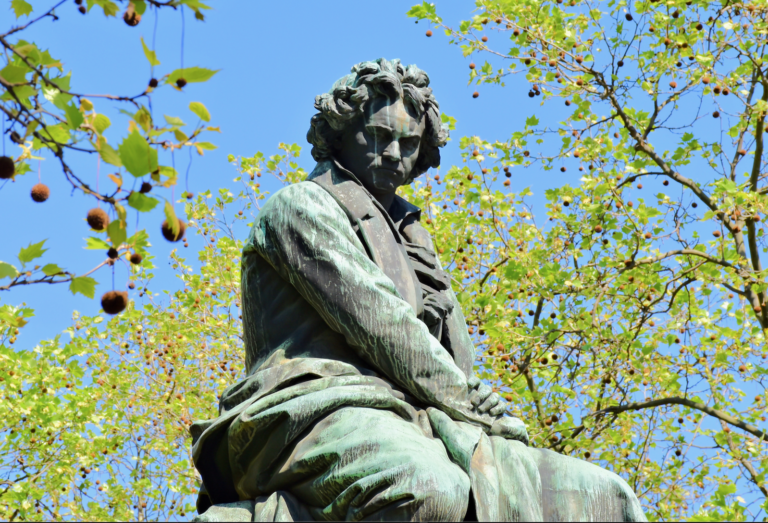Beethoven as Bacchus, Part II
In the first movement of this piece, we looked at the origins of Ludwig van Beethoven’s interest in wine and the critical role this played in shaping the composer’s musical career. Here, we trace his path through Vienna’s living landscape, to find multiple points of intersection between past and present in his music and in some of the city’s defining wines. We then head south to the Austrian spa region of Baden, where Beethoven drank, and composed, masterpieces. As we will find, his music comes more vividly to life when appreciated within the context of the vines and landscapes in which it was written…...


